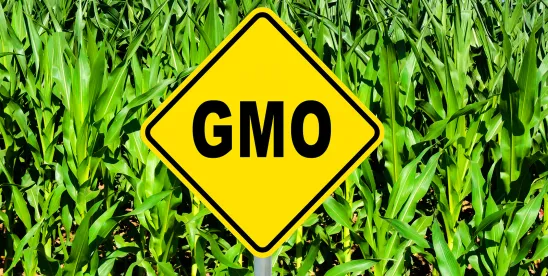The U.S. Department of Agriculture’s (USDA) Animal and Plant Health Inspection Service (APHIS) announced on July 9, 2025, that it is updating its practices for reviewing petitions seeking a determination of nonregulated status for organisms altered or produced through genetic engineering (modified organisms) under 7 C.F.R. Part 340. According to APHIS, it is making these updates to ensure its petition process aligns with recent developments related to the National Environmental Policy Act (NEPA) and APHIS’ authority in the Plant Protection Act (PPA). APHIS states that although it “has historically assessed the environmental impacts of granting petitions for nonregulated status as part of its petition process,” its practice of conducting a NEPA analysis “does not mean it is, in fact, obligated to conduct a NEPA analysis.” Beginning July 9, 2025, when evaluating a petition seeking a determination of nonregulated status that meets the information requirements in 7 C.F.R. Section 340.6, APHIS will first determine whether the modified organism is subject to regulation under 7 C.F.R. Part 340 and the plant pest provisions in the PPA. If APHIS determines that a modified organism is unlikely to pose a greater plant pest risk relative to its comparator and, as such, is not a plant pest, APHIS will end its review. APHIS notes that because it lacks jurisdiction over the modified organism, it must issue a determination that the modified organism is not subject to 7 C.F.R. Part 340. APHIS intends to continue to publish its draft reviews for petitions in the Federal Register for public review and comment before making a final determination about a modified organism’s regulatory status.
In its announcement, APHIS notes that recent developments related to NEPA support this view. In 2023, Congress amended NEPA to add a section describing the circumstances under which federal agencies are not required to prepare environmental analyses: “An agency is not required to prepare an environmental document with respect to a proposed agency action if …. (4) the proposed agency action is a nondiscretionary action with respect to which such agency does not have authority to take environmental factors into consideration in determining whether to take the proposed action.” APHIS repeats that once it “determines through the petition process that a modified organism does not pose a greater plant pest risk relative to an appropriate comparator, APHIS must deregulate the modified organism and does not have authority to consider or mitigate environmental impacts.”
APHIS states that more recently, on May 29, 2025, the U.S. Supreme Court reiterated the “NEPA canon” that “‘where an agency has no ability to prevent a certain effect due to its limited statutory authority over the relevant actions, the agency cannot be considered the legally relevant ‘cause’ of the effect.’” Seven Cnty. Infrastructure Coal. v. Eagle Cnty. (Colorado, No. 23-975, 2025 WL 1520964, at *11 (May 29, 2025) (quoting Dep’t of Transp. v. Pub. Citizen, 541 U.S. 752, 770 (2004)). APHIS notes that accordingly, in line with the decision from Seven County, “there is no role for NEPA in the agency’s response to a petition for determination of nonregulated status because APHIS has no ability to consider any factors or environmental impacts beyond the factual and scientific information that is relevant to determining whether an article is a ‘regulated article’ under 7 C.F.R. § 340.1.” APHIS has discretion and authority to act only on factual and scientific information related to whether a modified organism is a plant pest. For these reasons, APHIS “will no longer prepare a NEPA analysis to accompany its review of petitions seeking a determination of nonregulated status.”




 />i
/>i
